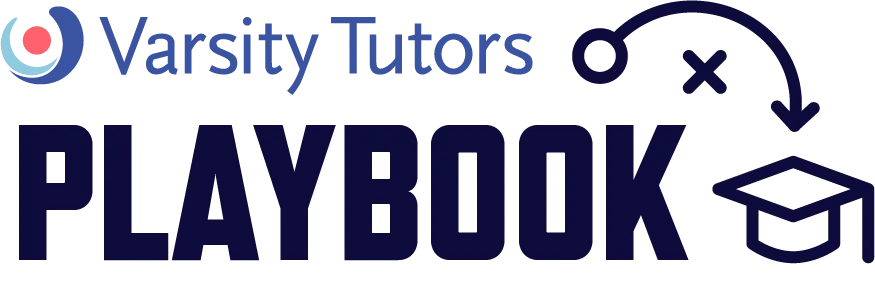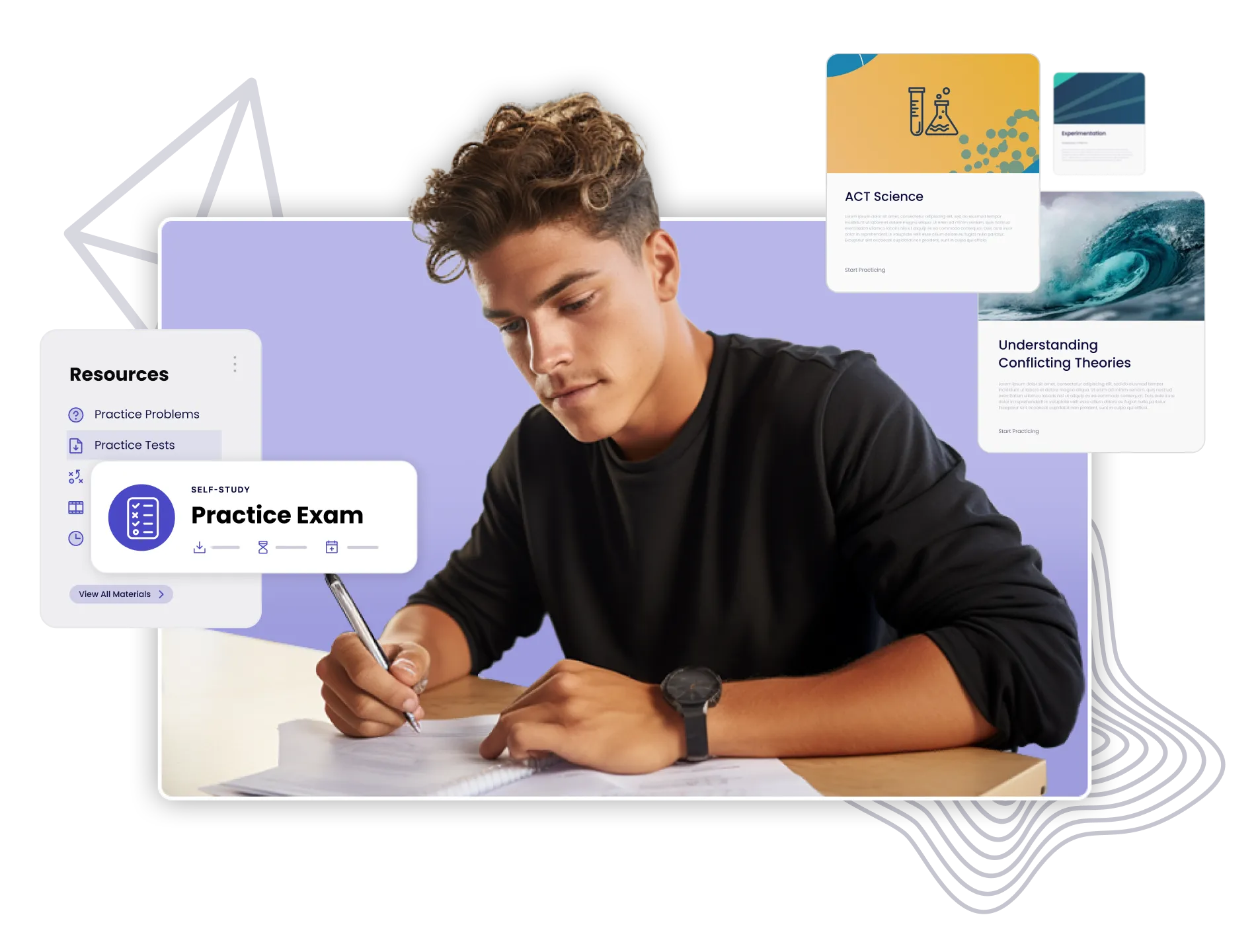Goal Setting with a Back-to-School Mindset: Achievable Goals for Adults

They say that youth is wasted on the young, and perhaps nowhere is that more accurate than the back-to-school season. As an adult, how much would you love a regularly occurring fresh start, a blank slate full of new expectations, routines, and opportunities for personal development?
Well, good news: while you can’t start all of your responsibilities and expectations from zero, you can harness some of the best things about back-to-school to embark on a new journey of self-improvement. Here are five ways to improve your personal goals and development by thinking with a back-to-school mindset!
Build a foundation first.
At the beginning of a school year, every teacher starts with a few weeks of review. And you should, too. It’s not that you’ve had an extended summer vacation (don’t you wish?) but that in any pursuit, you need a strong foundation to build on. Intellectual pursuits all come with prerequisites: it’s okay to need a few weeks to get your math muscle memory back. Fitness goals may require a few sessions at half-speed to get your fitness and form where you need them in order to build intensity.
A major reason that people don’t stick with their career goals is a lack of patience. But the first phase of any journey is critical: it’s not about immediate results but instead setting yourself up with the foundation to build on. Take a lesson from teachers: some half-speed review and warm-up builds speed toward goals in the long run. Remember, this is real life, not the books or movies. People don't accomplish their goals overnight, so you shouldn't expect to either!
Pro Tip! Consider using the SMART goal format if you don't know where to begin. These guidelines ensure you set realistic goals that are actually attainable. Smart goals can be broken up into five parts:
- Specific
- Measurable
- Achievable
- Relevant
- Time-bound

Embrace the growth mindset.
Back-to-school carries an implicit and important mindset: the whole subject is new, so of course no one is supposed to be good at it yet. Teachers encourage students to learn from mistakes, and design entire lessons and units around the idea that overcoming challenges is a powerful way to learn.
The growth mindset dictates that everyone has the capacity to learn and grow into new skills, even if they aren’t easy at first. In school, kids are bombarded with growth mindset: classes outside their comfort zone are required, every day brings new lessons.
Adults are often able to carve out experiences where they feel strongest, having chosen a major, career, and activities that they enjoy because they’re good at them. So it’s important to be mindful about the growth mindset particularly if it isn’t your default setting: mistakes and challenges aren’t indicators that you’re not good at something, but rather opportunities to become good at it.
Make it a group activity.
What are students most concerned with on the first day of school? Typically it’s one of three things: who’s my teacher, who are my classmates, and who will I sit by? And that’s because learning is a social activity: schools work in large part because of classmates, who give their peers a reason to look forward to school, someone to ask or explain questions to, someone to commiserate with. Simply put, learning with other people makes learning a whole lot more possible.
So whatever your next challenge is, find a way to make it collaborative. Are there classes you can take or groups to join? Friends who might want to hold each other accountable and share best practices? A Reddit forum or Facebook group dedicated to it? Back-to-school always carries the meaning that students are all in it together, collaborating toward a common goal of individual growth. Borrow that sentiment for your next challenge and start leaning on your existing support system.
Make a syllabus.
Once introductions and seating charts are in place, what comes next during back-to-school? Typically it’s a syllabus, a summary of what students will learn and when it will happen, as well as a grading scale for how progress will be measured. Back-to-school comes with a lot of hope and idealism, but it also comes with a plan.

